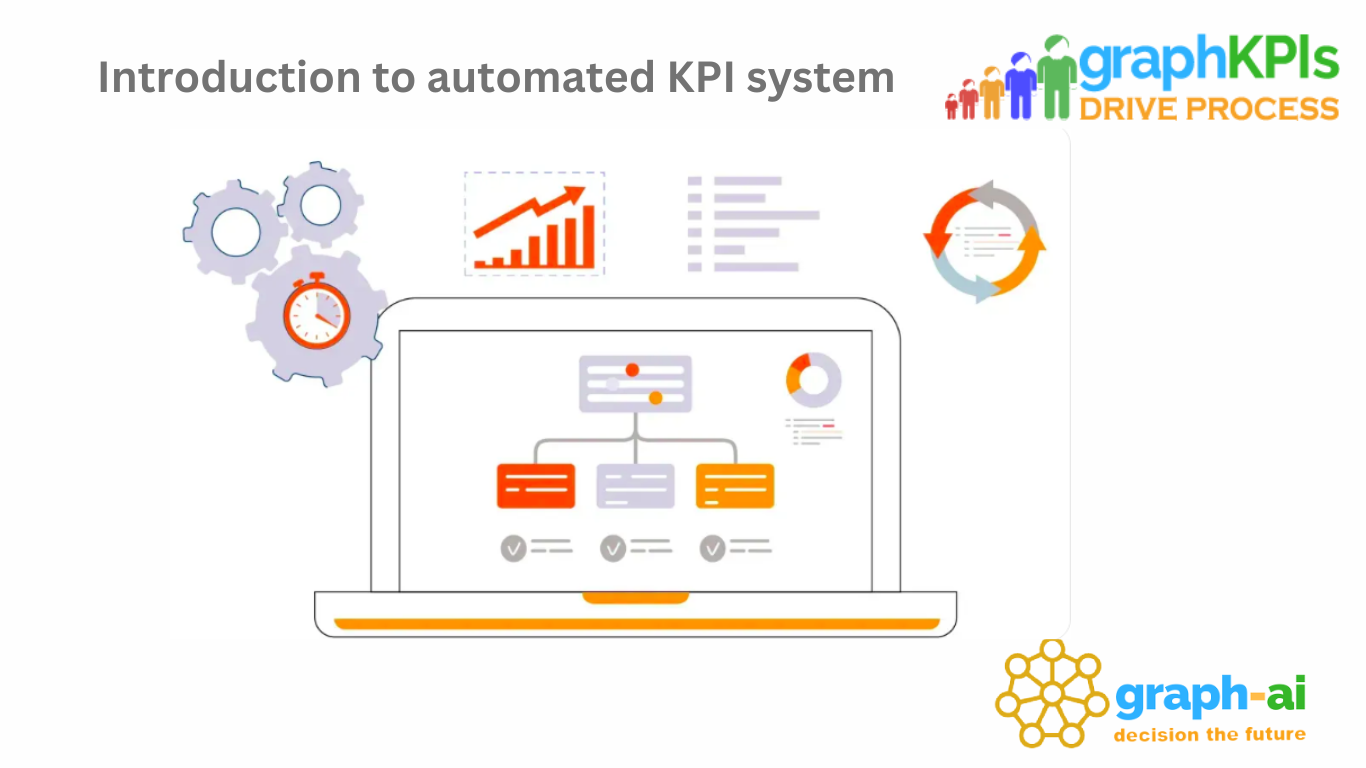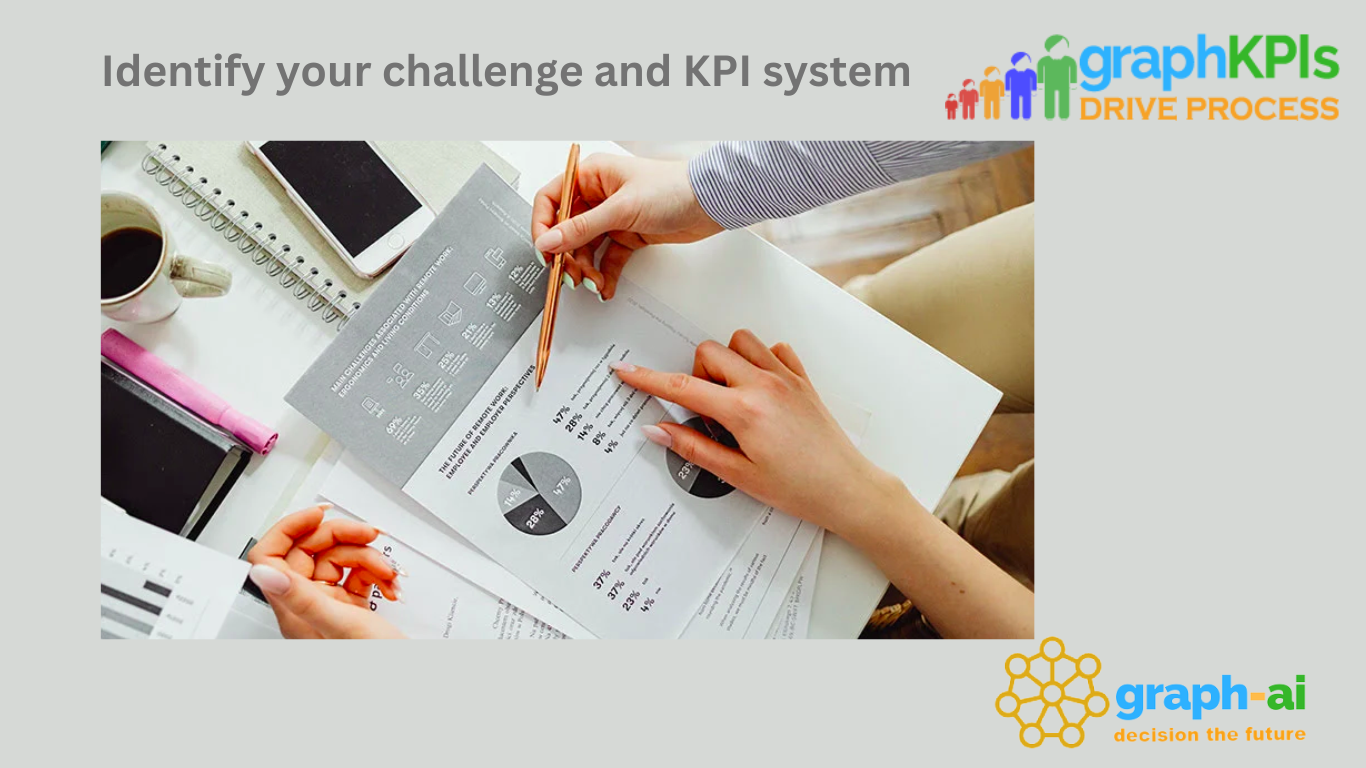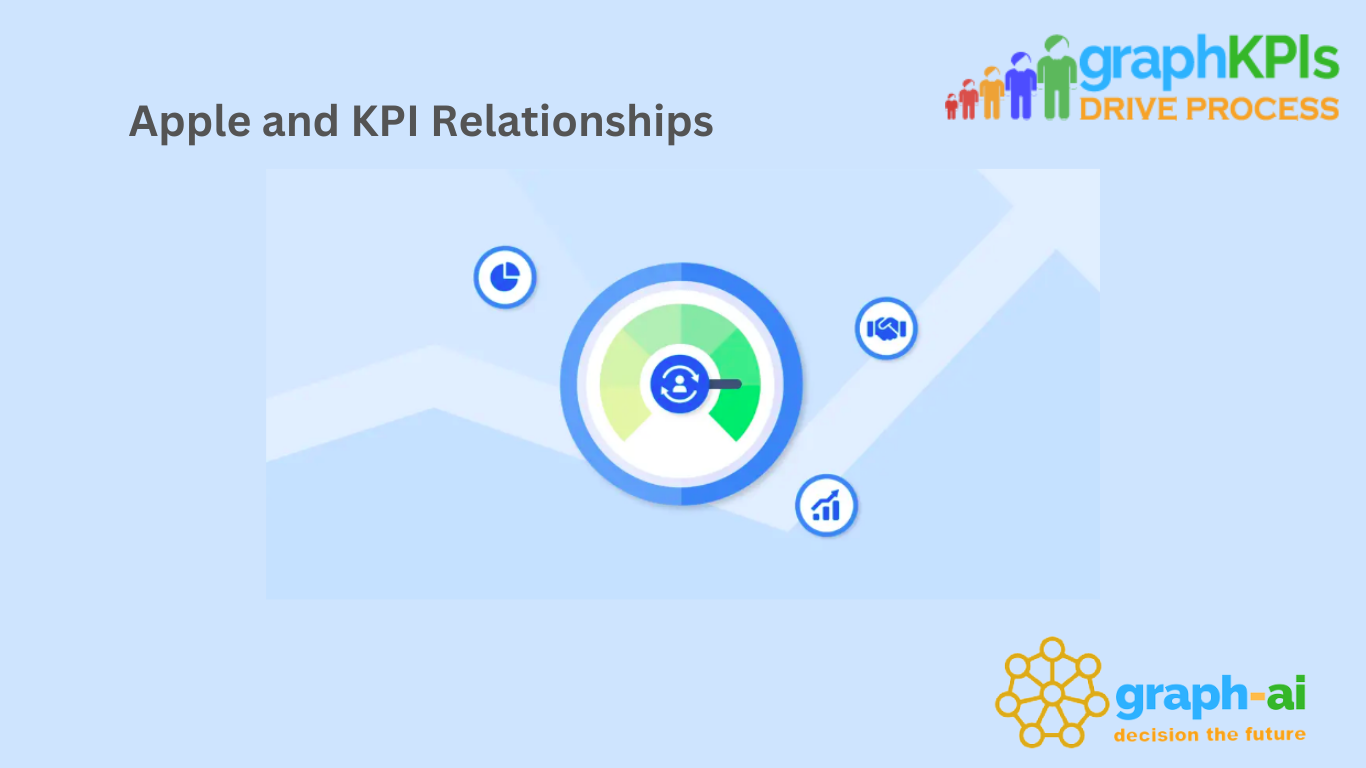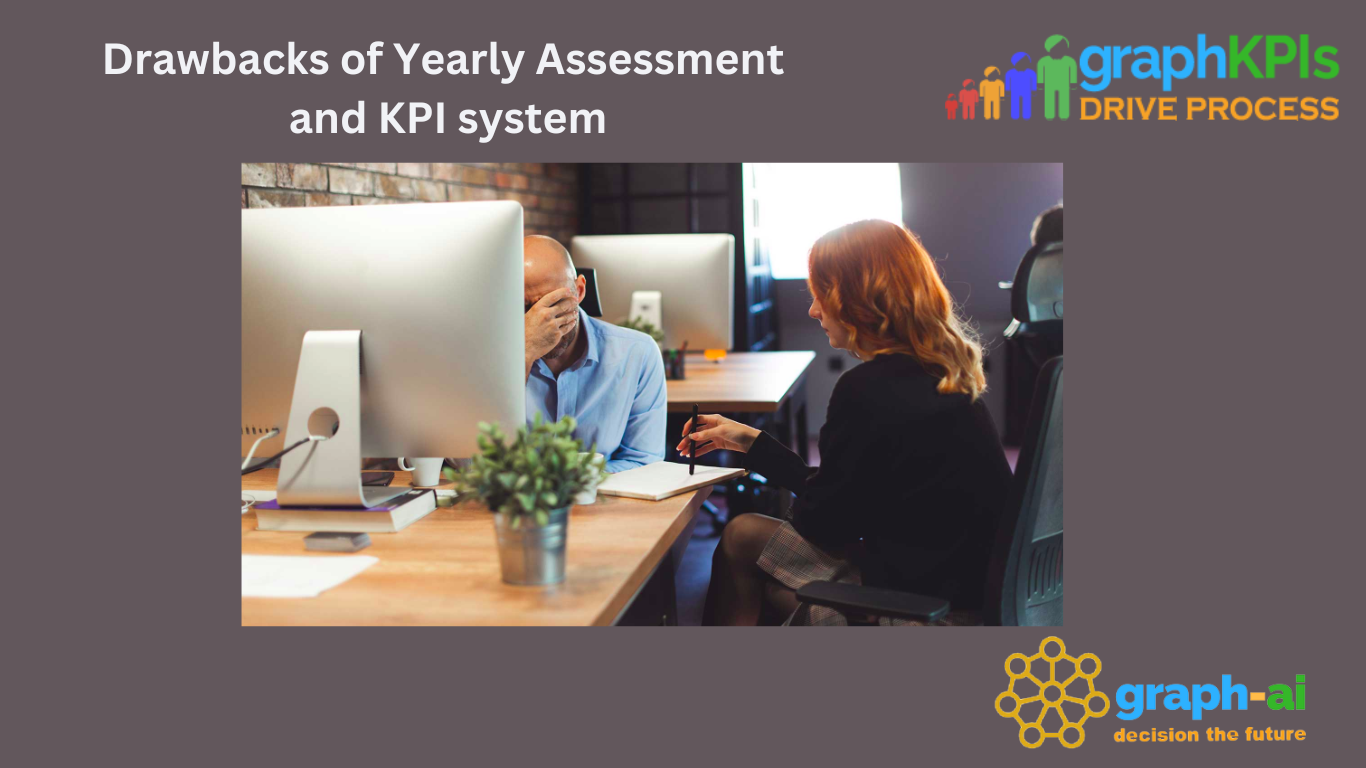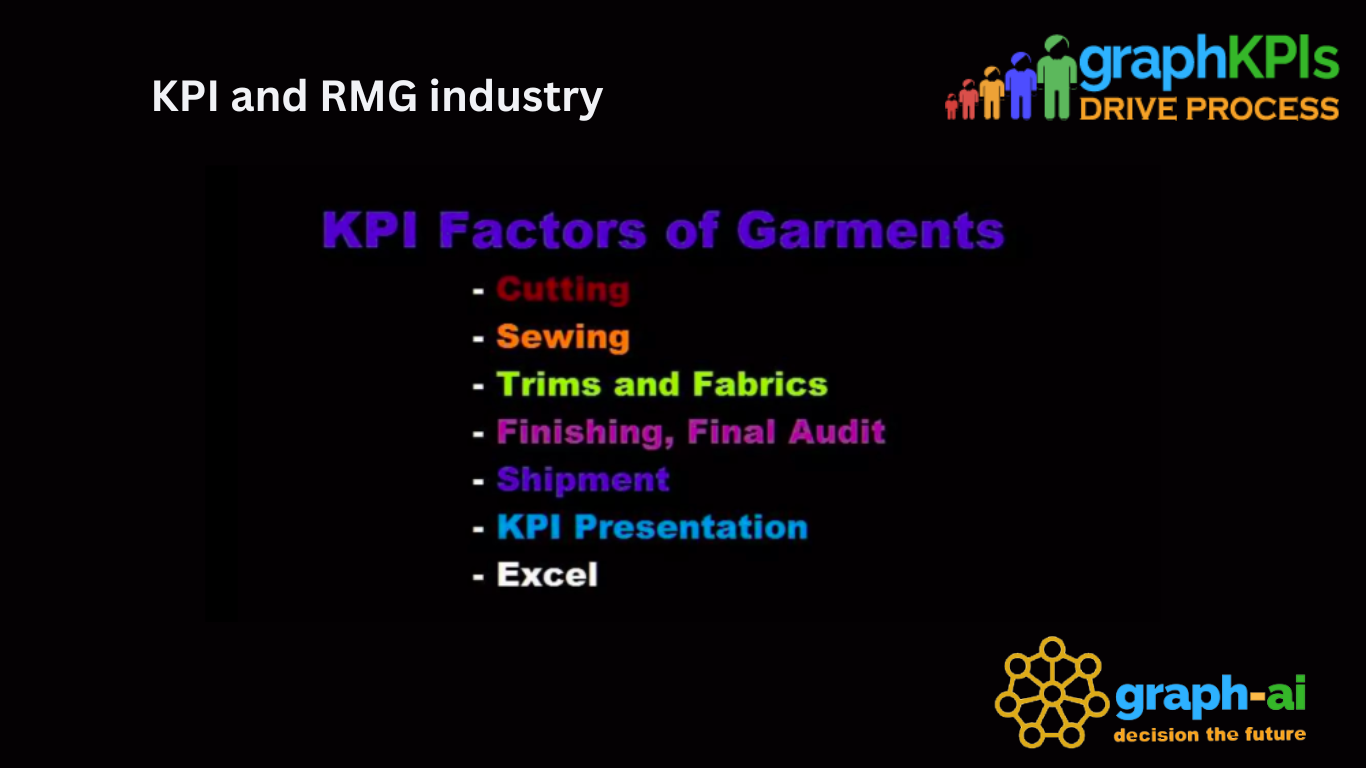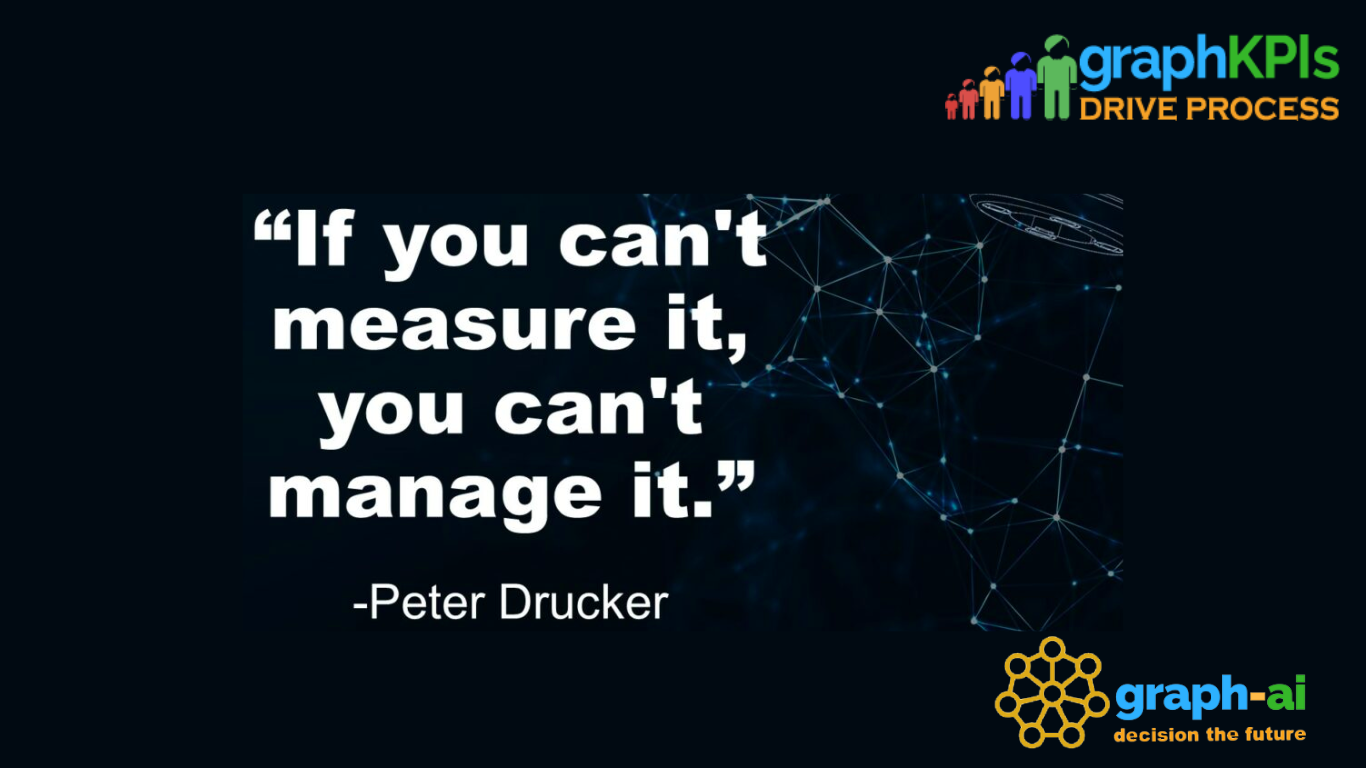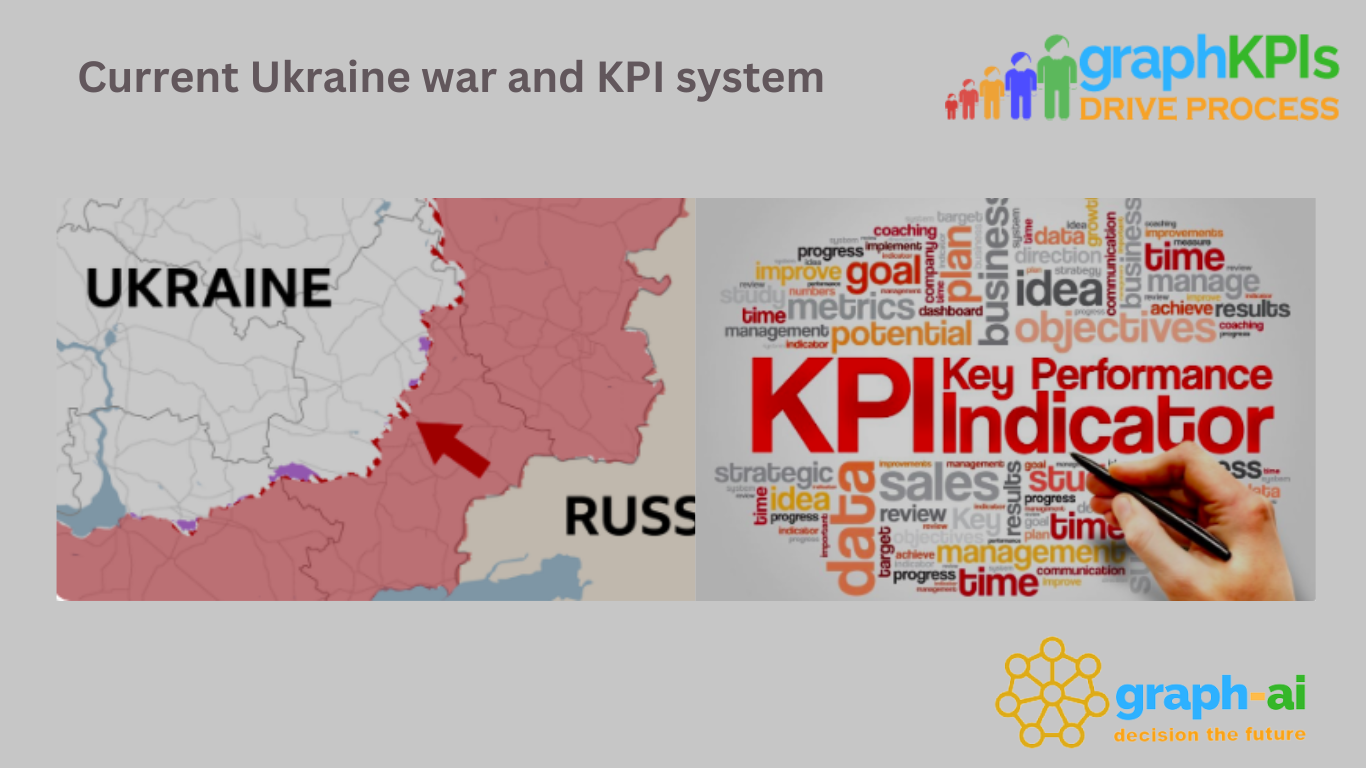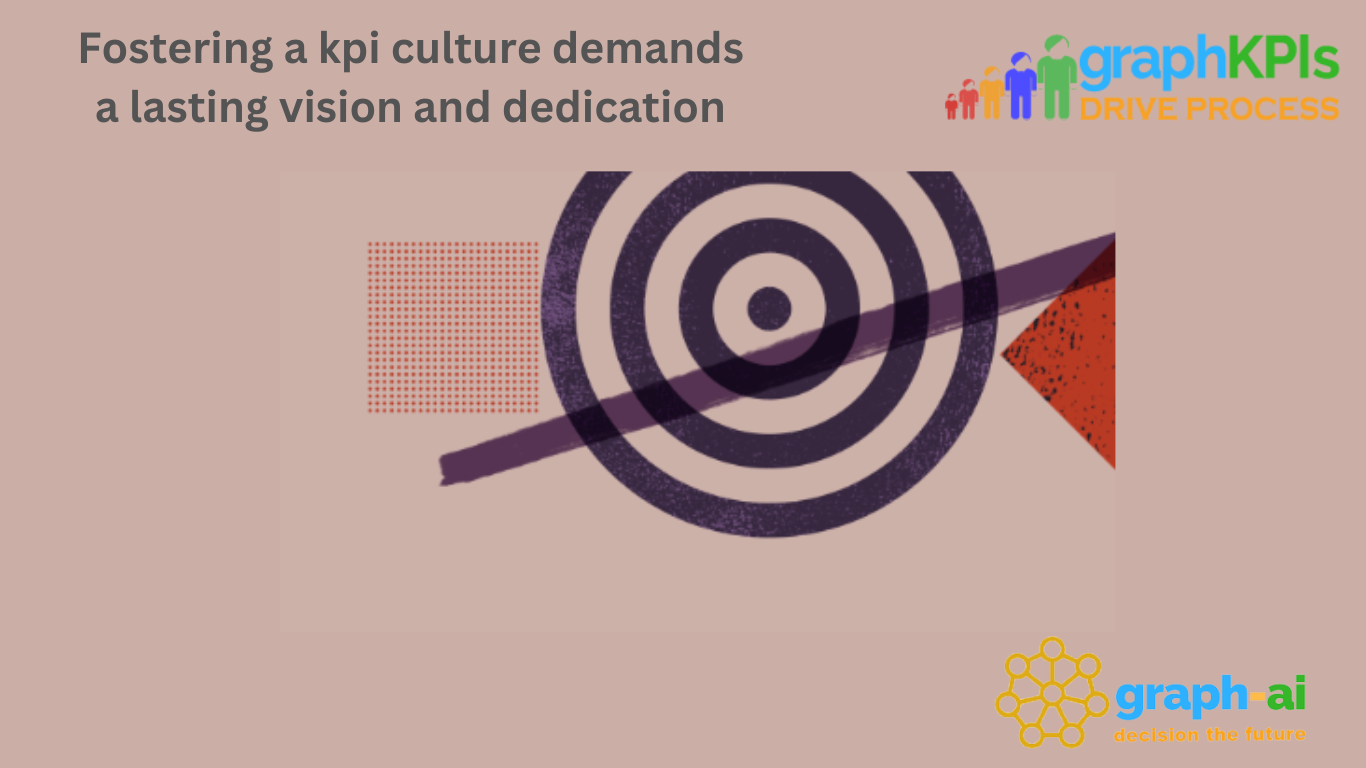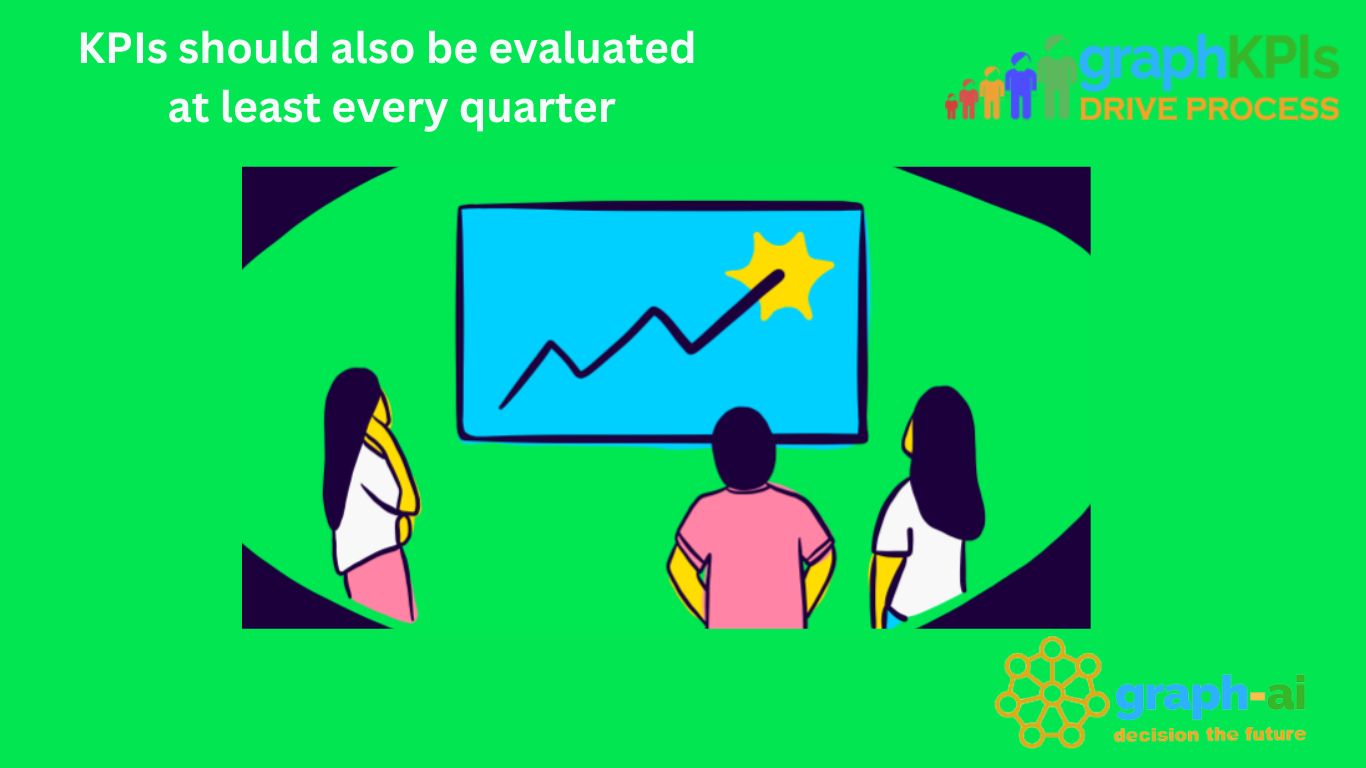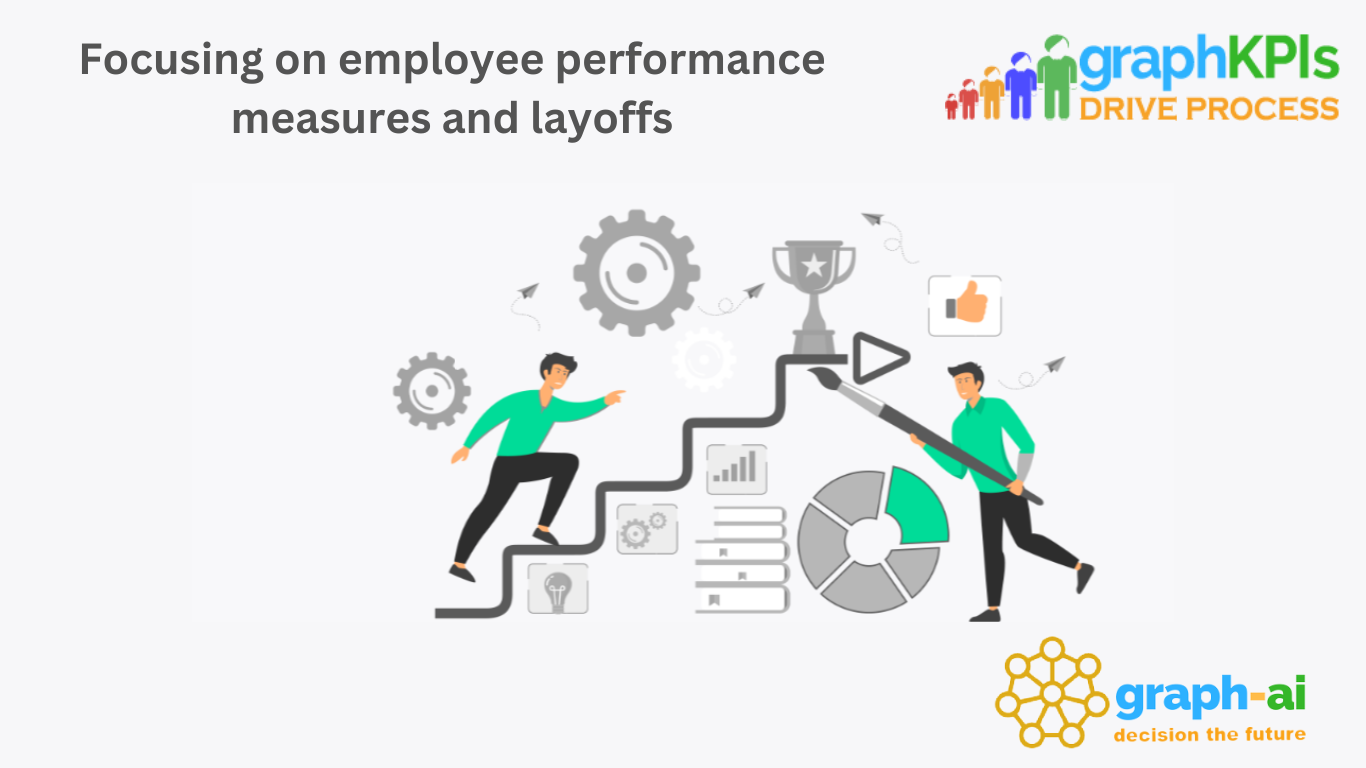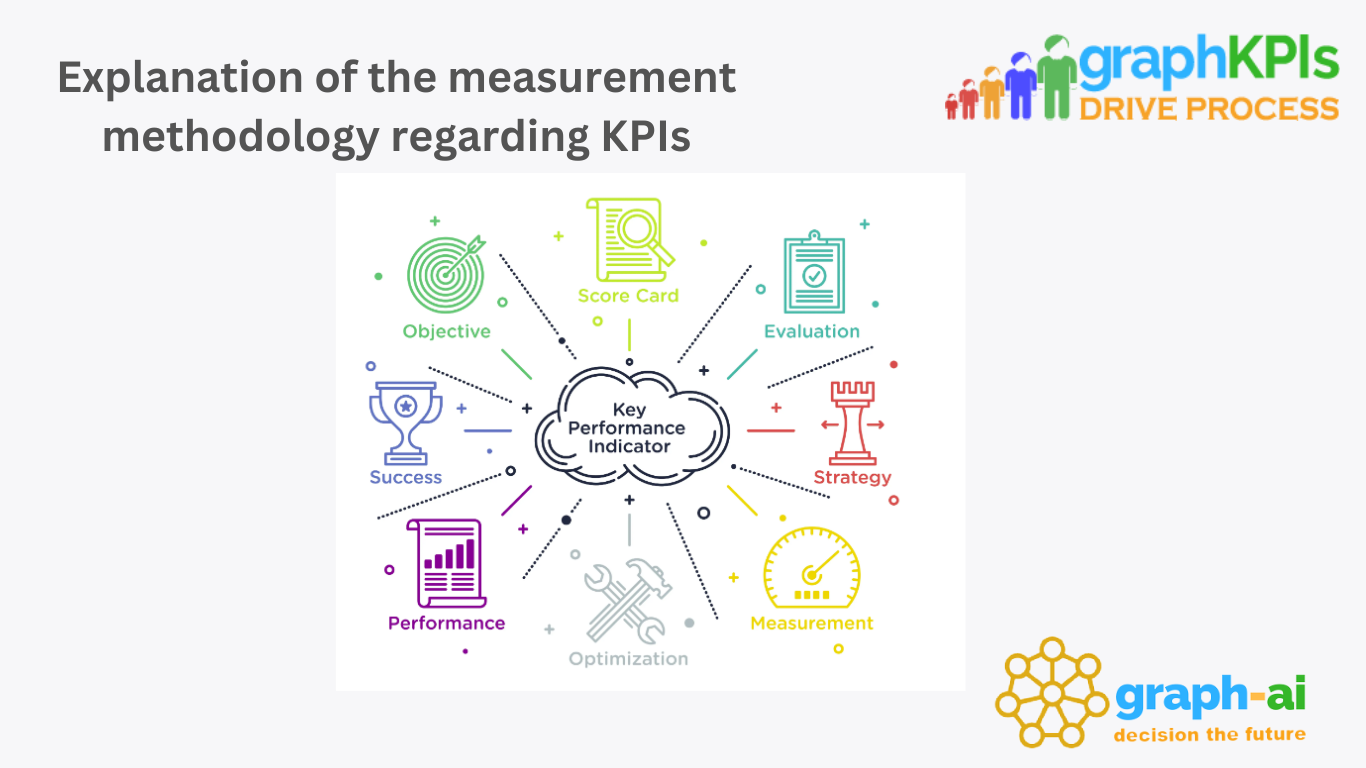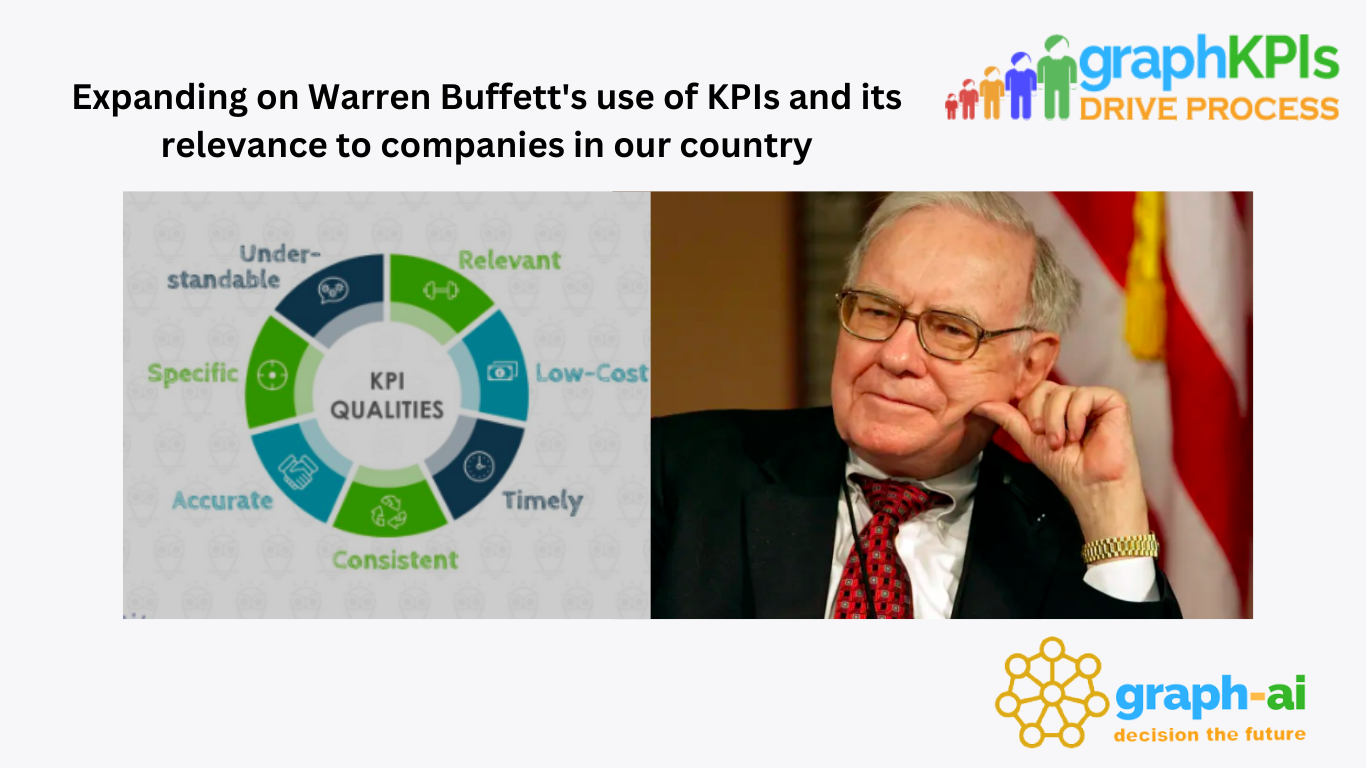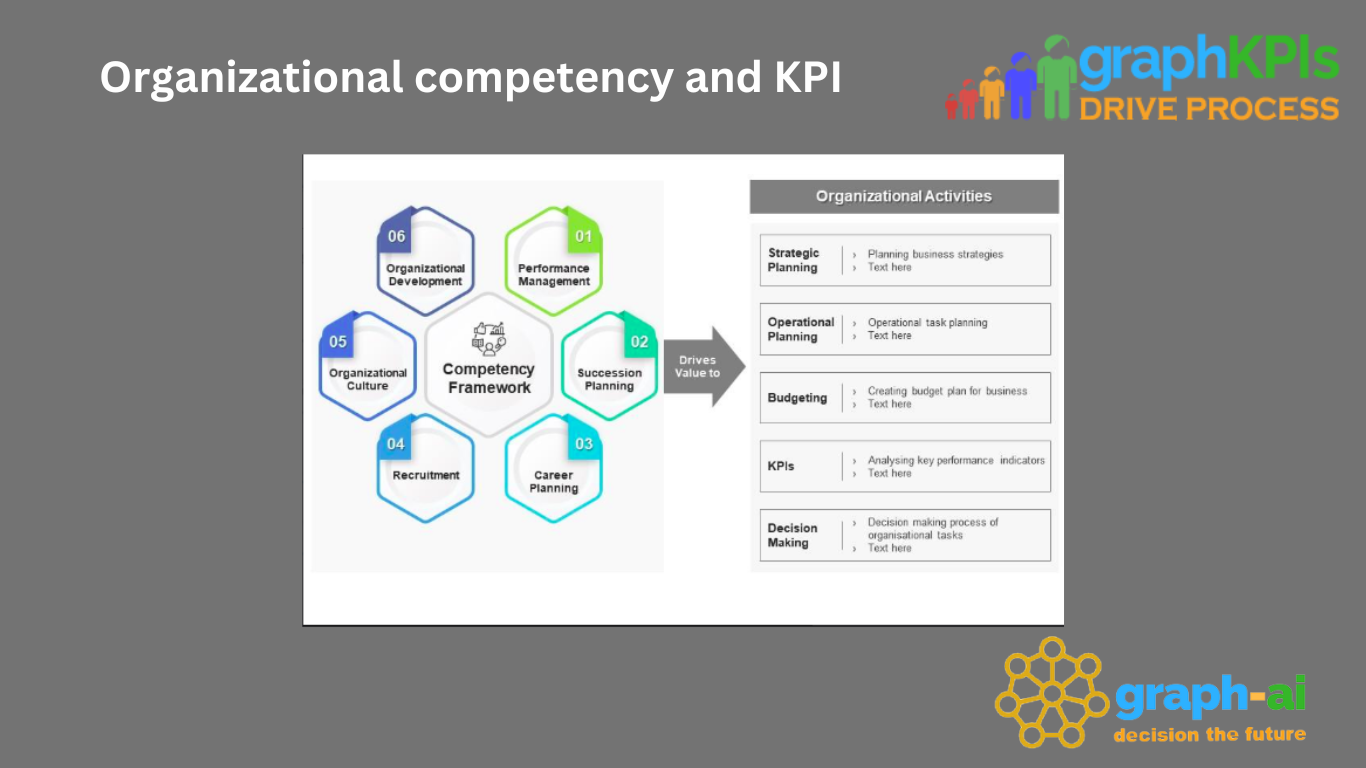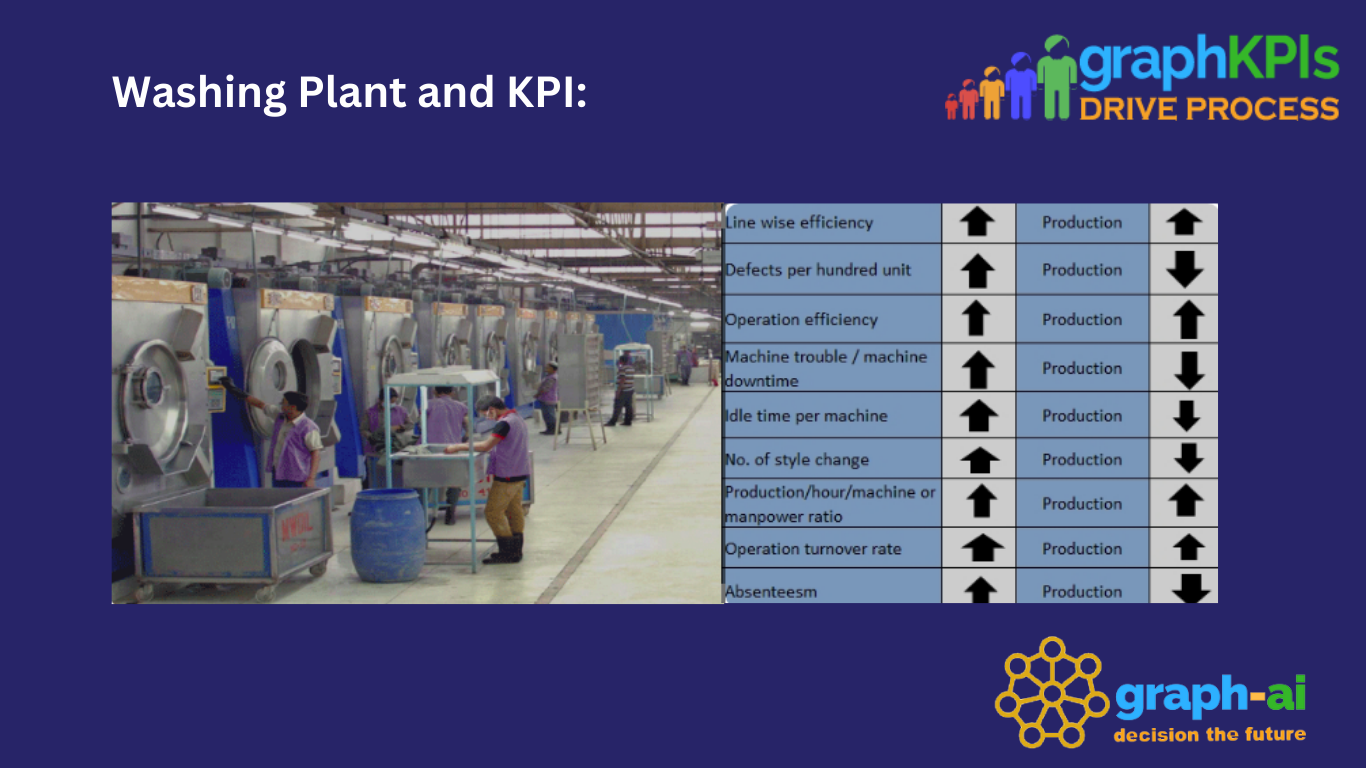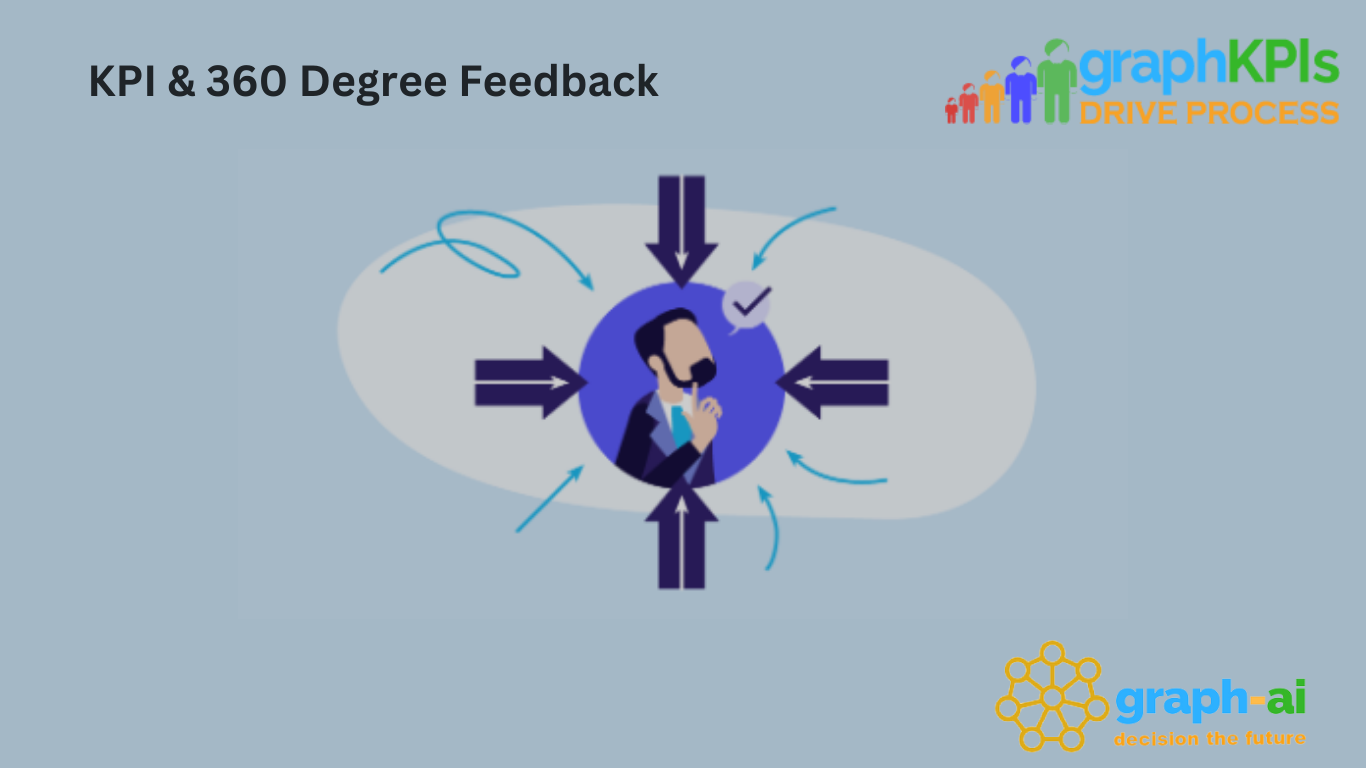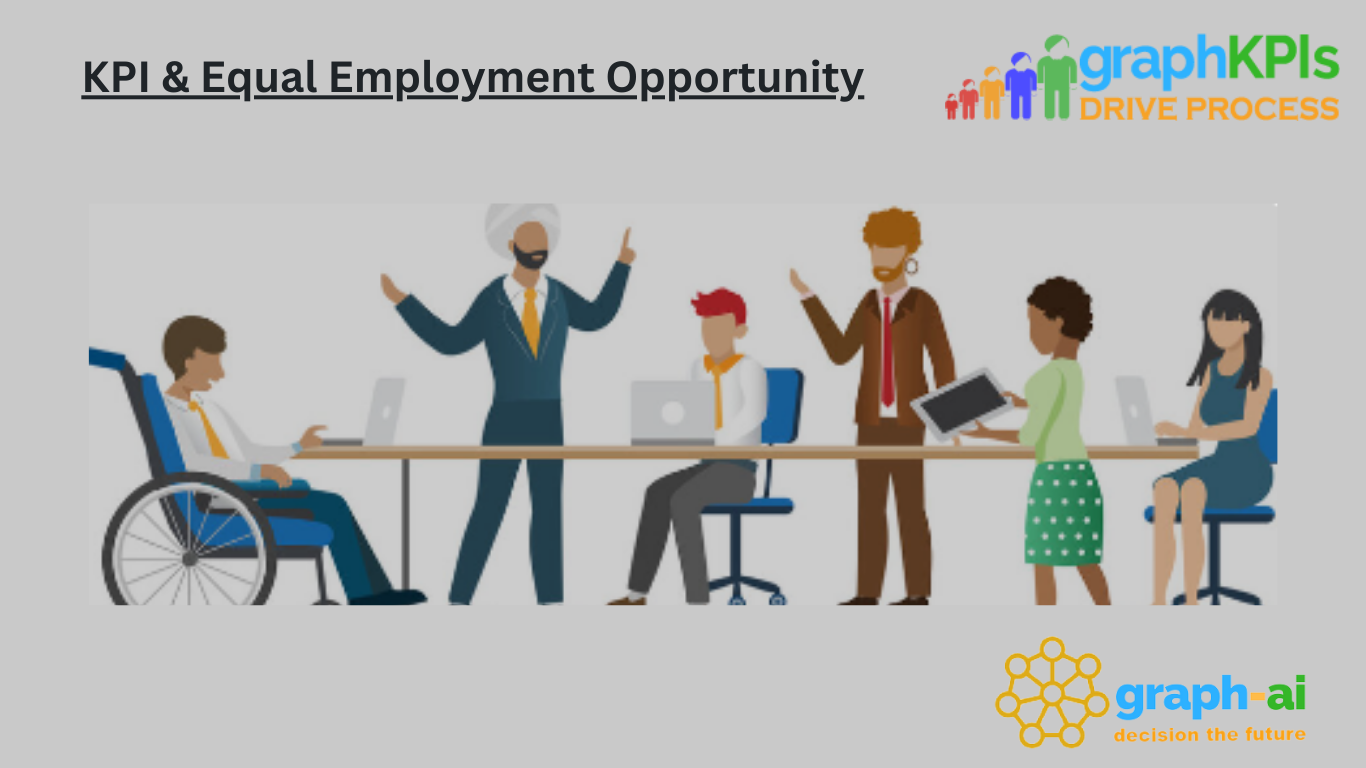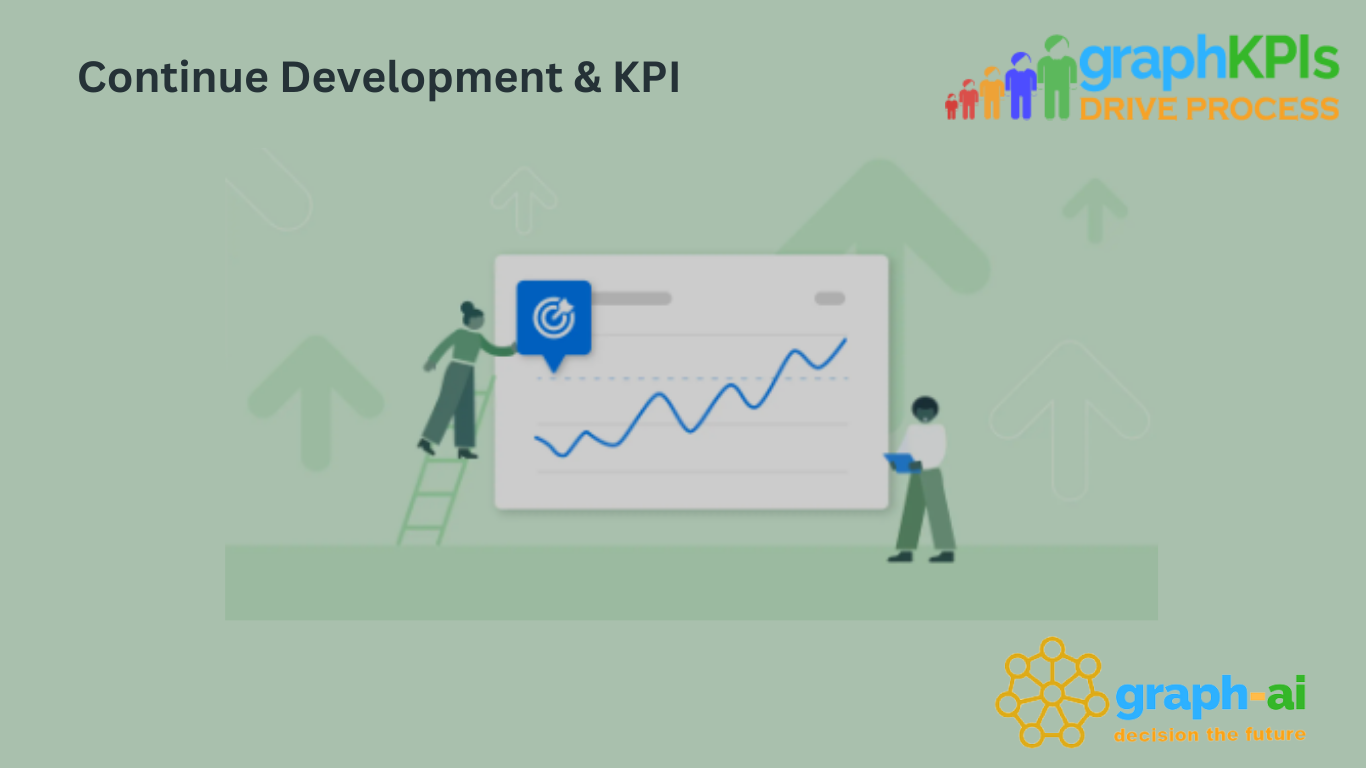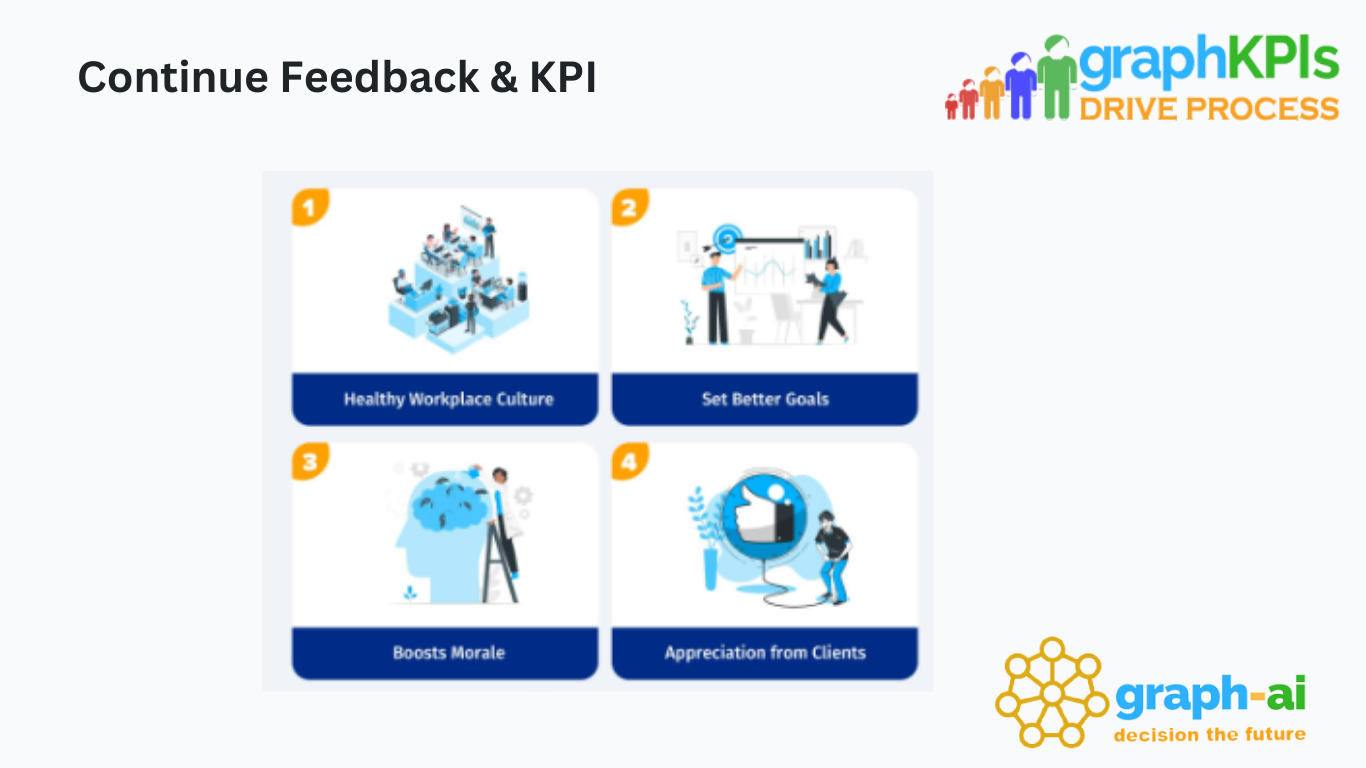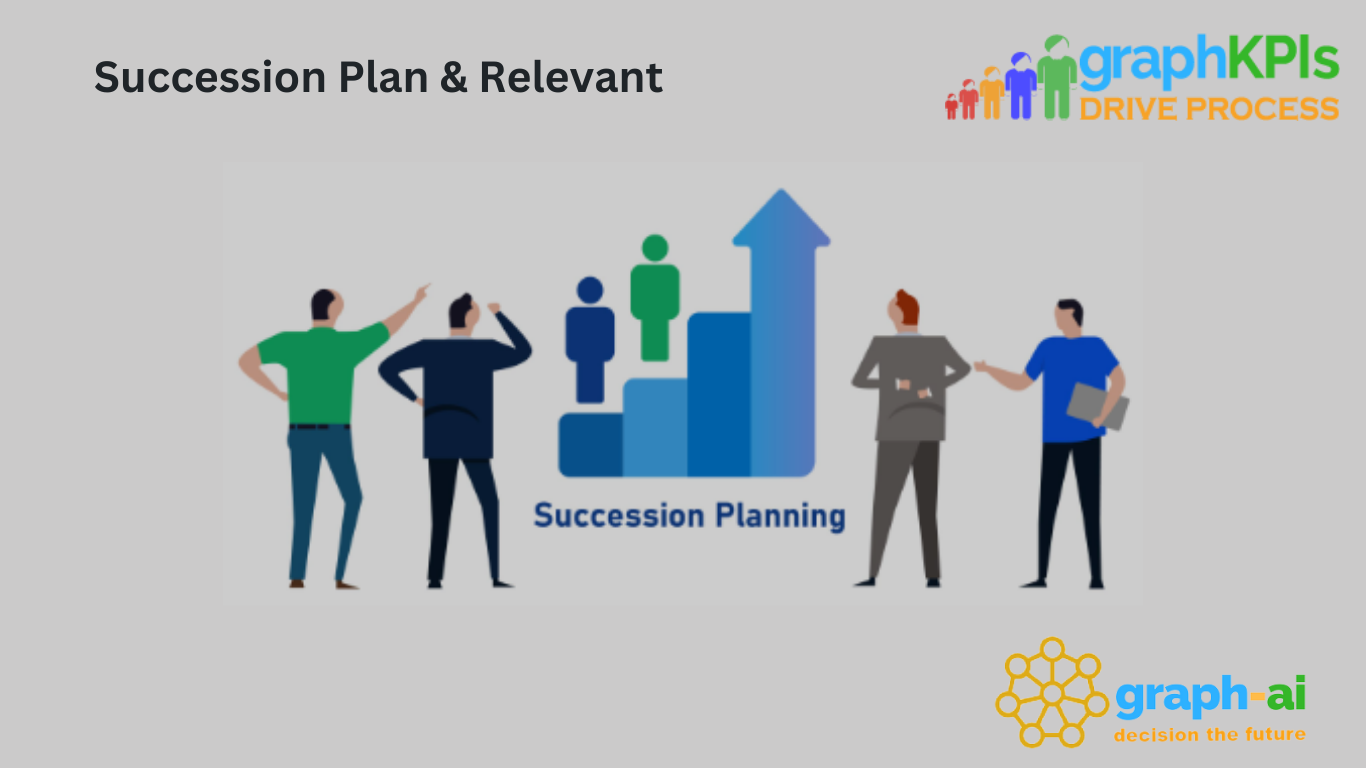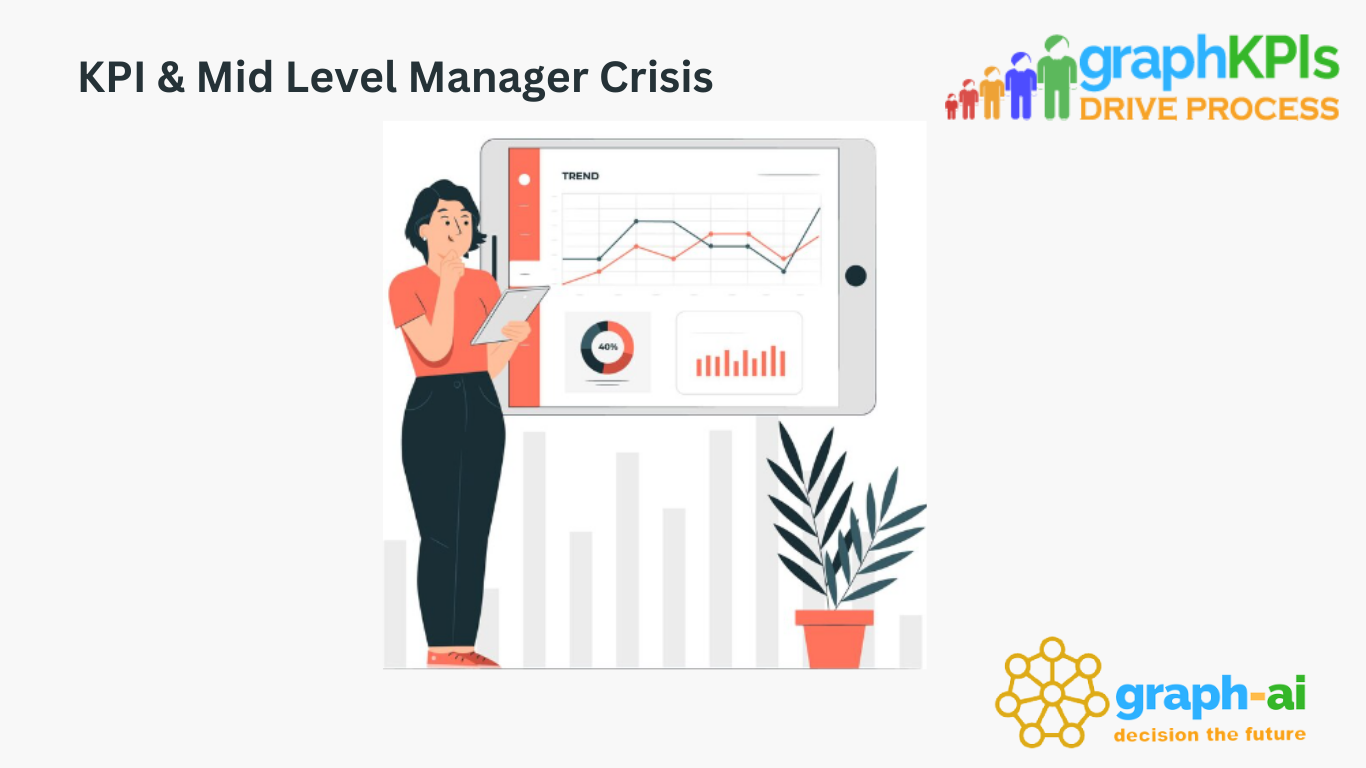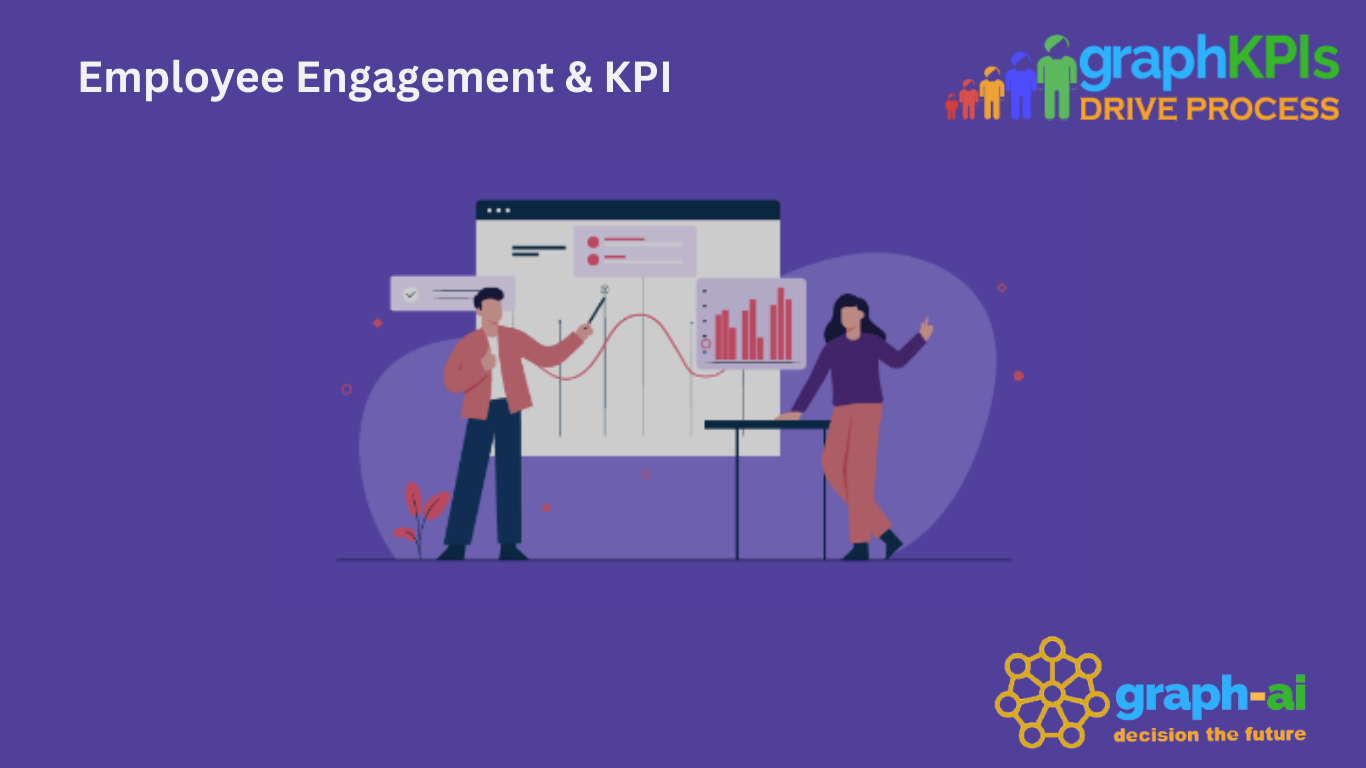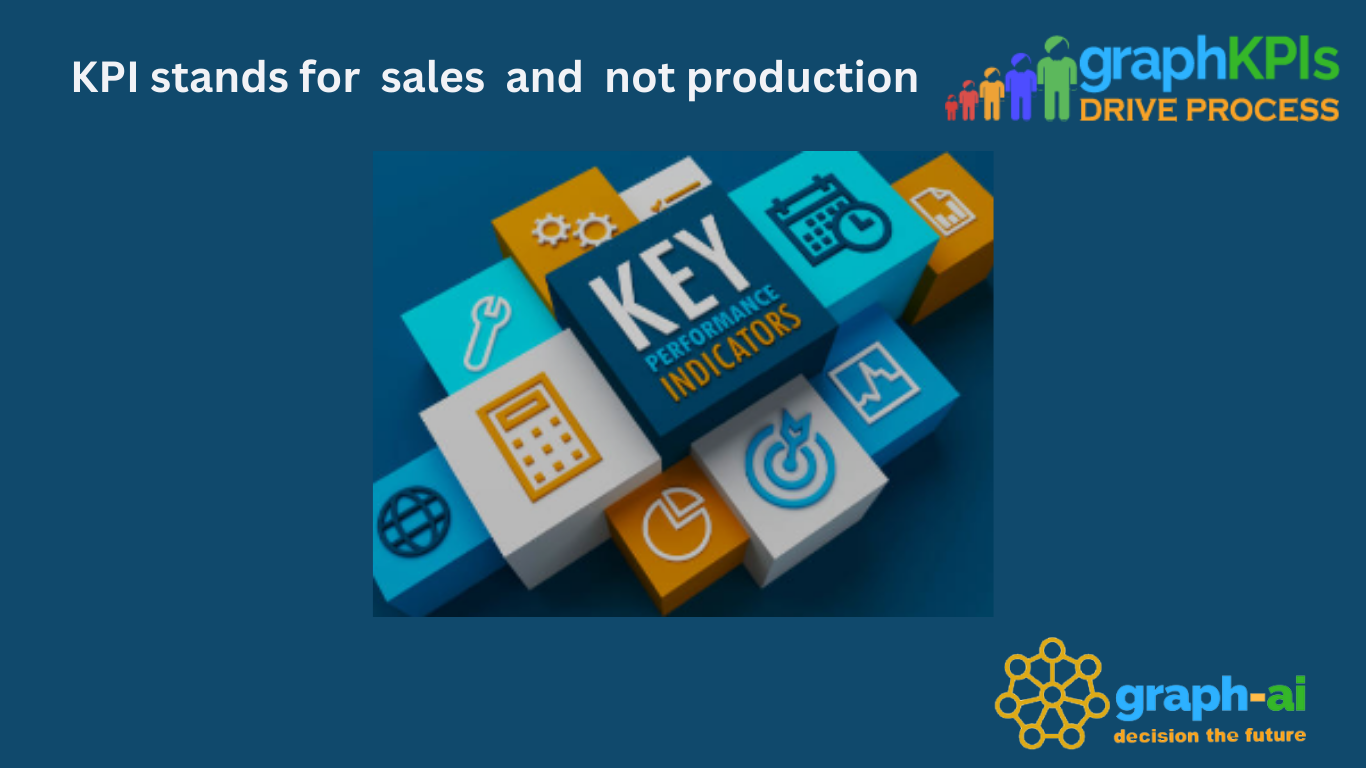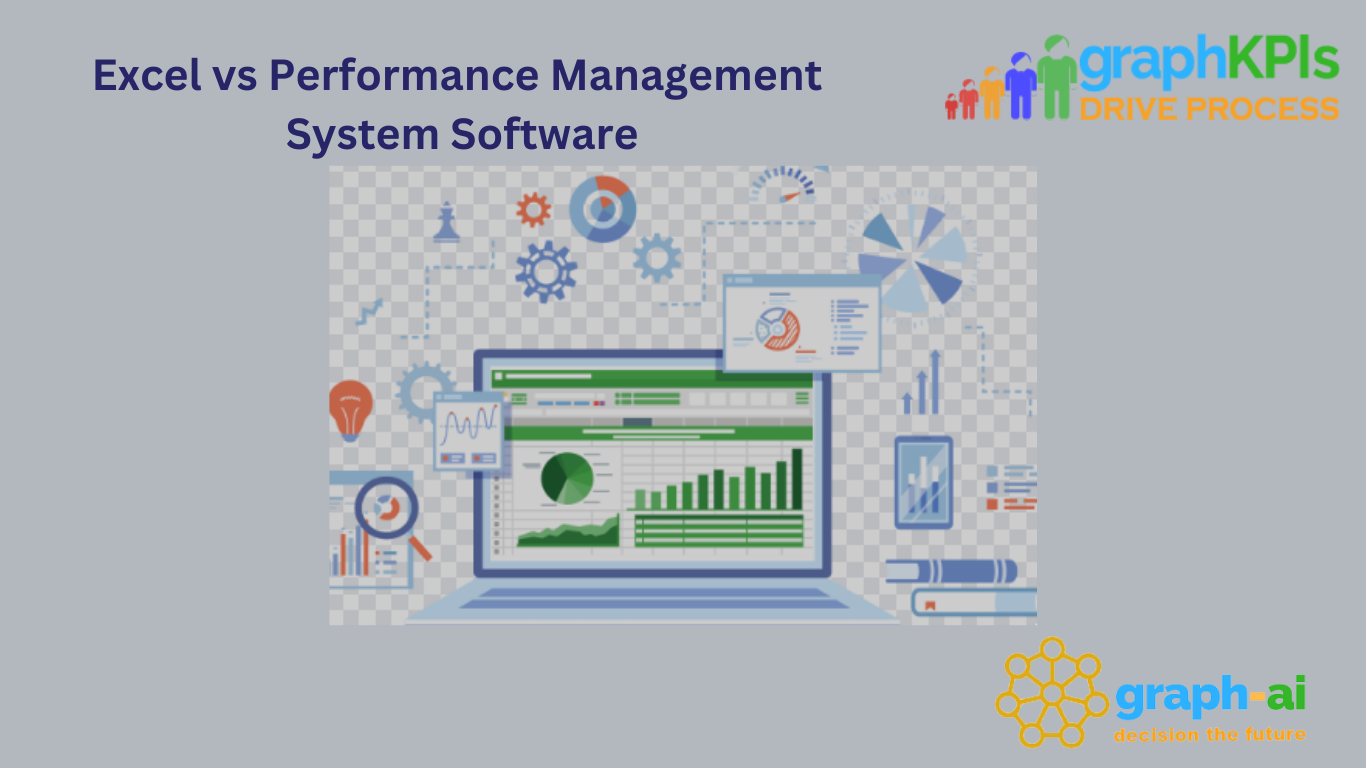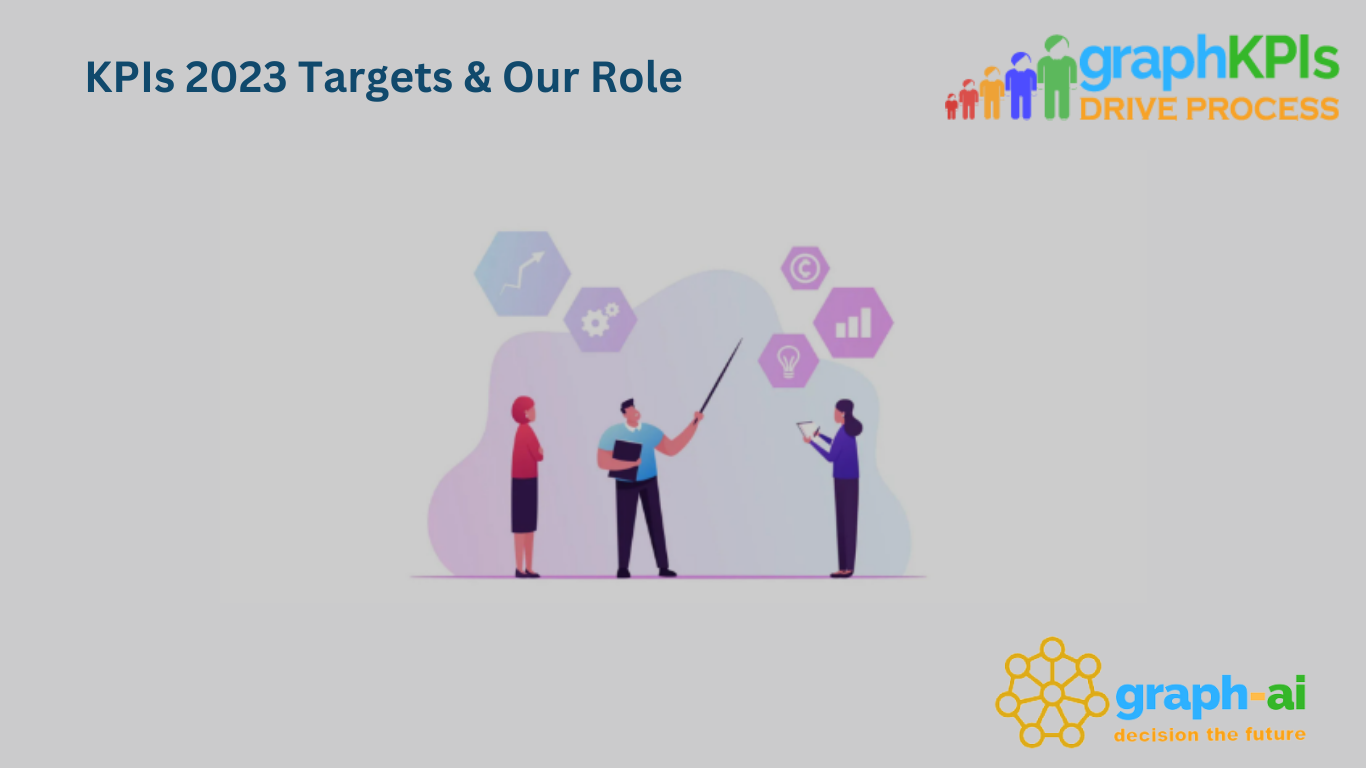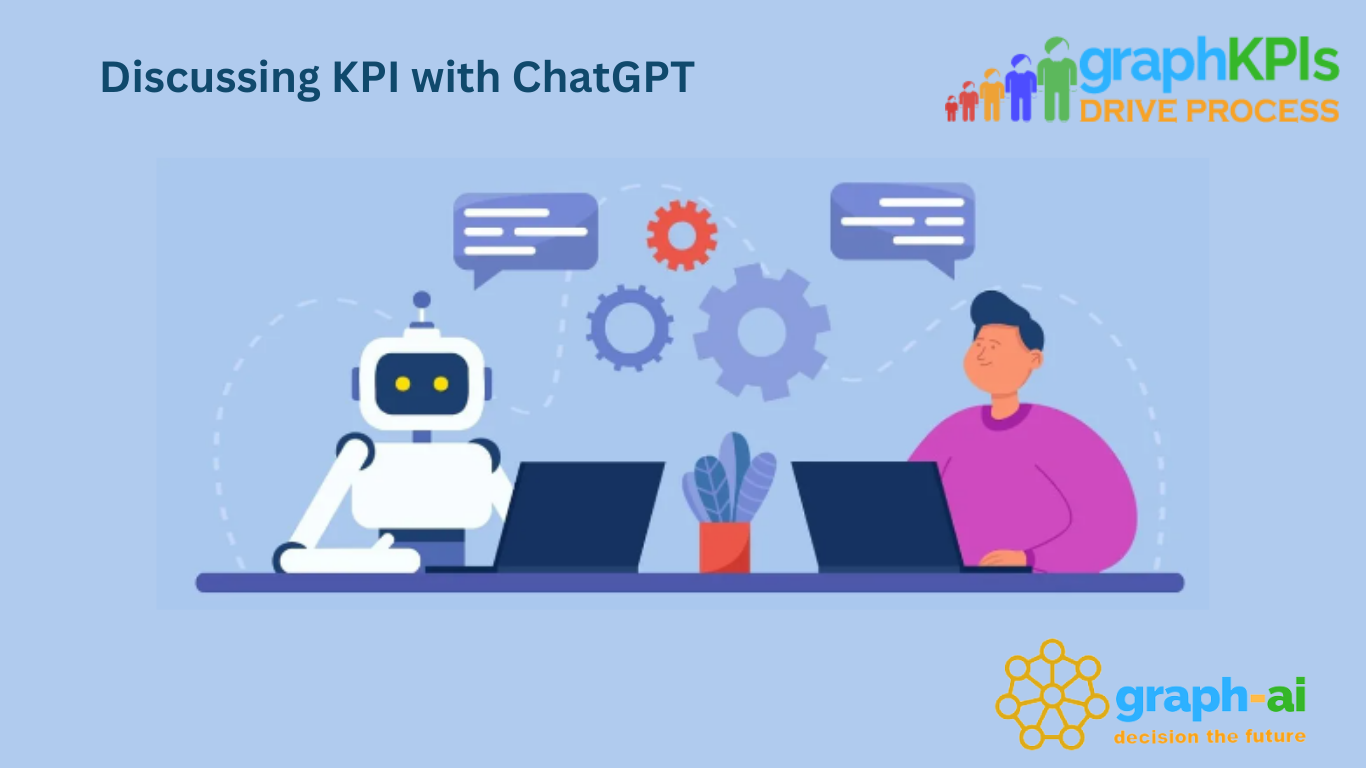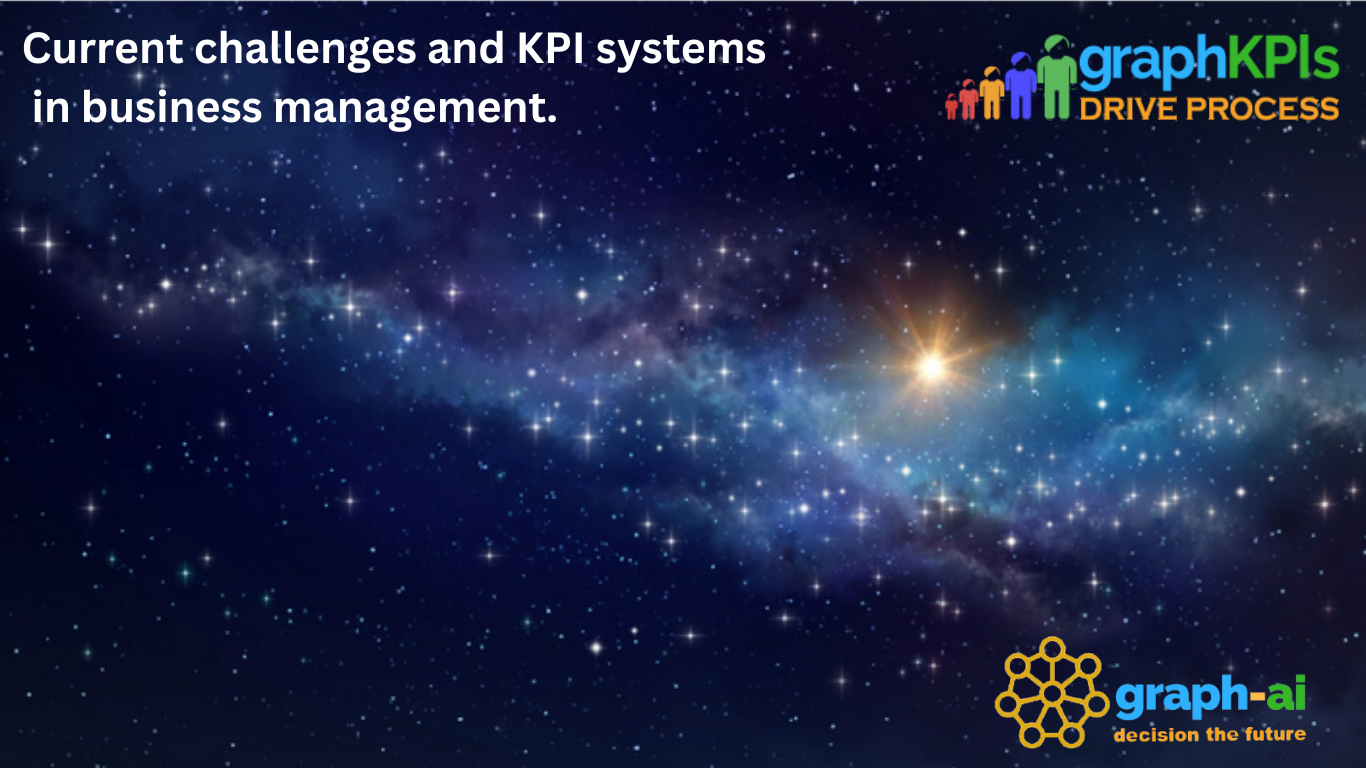Story of KRA and KPI - 15
Organizational competency and KPI
This KPI story delves into the critical role of organizational competency and its relationship with key performance indicators (KPIs). Here's a breakdown of the key points:
1. Understanding Basic Skills: Basic skills encompass the technical skills, knowledge, and attitudes necessary for satisfactory performance in the workplace and society. These skills are fundamental for individuals to meet the expected level of performance in their occupational roles
2. Organizational Development and Competency: Organizations must cultivate the requisite skills, knowledge, and attributes to evolve and thrive globally. Success hinges on aligning organizational goals, objectives, and pertinent issues to foster development and maturity.
3. Employee Development and Skills: The development of employees relies heavily on their skills, encompassing knowledge, abilities, and competencies. To enhance competitiveness, organizations must identify and nurture these skills among their workforce.
4. Challenges in Skill Identification: A major challenge for organizations lies in identifying the specific skills required for various roles. Job analysis, effective job descriptions, job specifications, and job mapping are vital in this regard.
5. Competency Mapping and Development: Competency mapping involves identifying core competencies and integrating them into the workforce through comprehensive job evaluation, recruitment, and training processes. Competency is a blend of observable and measurable attributes contributing to employee performance and organizational success.
6. Importance of Competency in Performance Evaluation: Competency plays a pivotal role in performance evaluation and is increasingly prioritized by organizations. It encompasses not only initial education but also ongoing skill identification and development.
7. Focus on Human Resources Effectiveness: The effectiveness of an organization is now measured by its ability to acquire, utilize, and maintain human resources effectively. Individual achievements contribute to organizational success, highlighting the significance of competency assessment.
8. Need for Effective Competency Assessment: Many organizations fail to conduct effective competency assessments, resulting in a lack of awareness regarding the competency levels of their workforce and departments. This hampers the organization's ability to chart a roadmap for future growth.
9. Implementation of Competency Assessment: Implementing competency assessment at the grassroots level is essential for understanding the current competency status of the organization. Assessment results serve as a guide for taking necessary measures to enhance competency and achieve organizational goals.
Overall, the story emphasizes the critical role of competency assessment in organizational development and underscores the need for proactive measures to enhance competency at all levels.
Continuing the journey together ...............
Leave a Reply
Your email address will not be published. Required fields are marked *

